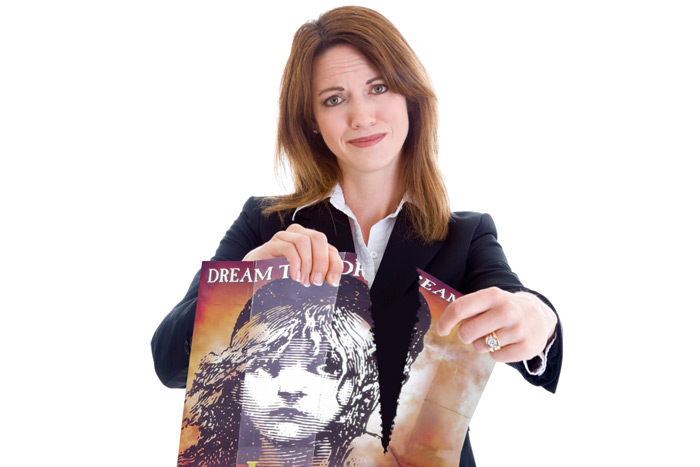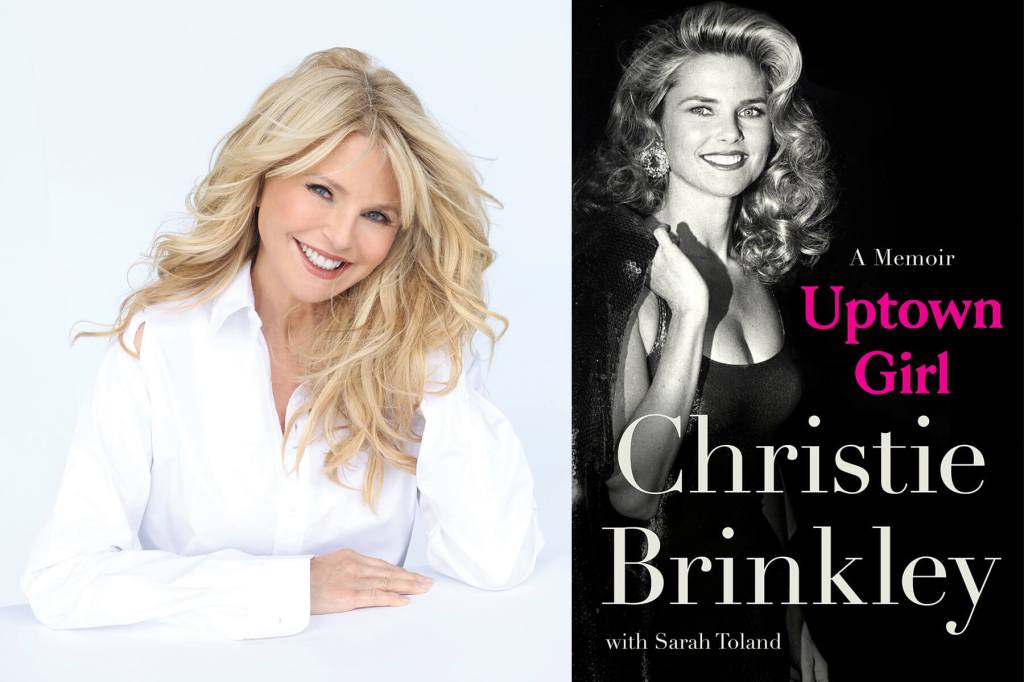Hamptons Moms Say Kids Can't Play Poor in Les Misérables

A cadre of Hamptons parents were up in arms this week upon learning that their teenage children would be performing in an end-of-year production of Alain Boublil’s epic musical, Les Misérables. Oddly, the group of concerned mothers, and one father, is not taking umbrage with the play referencing prostitution, child abuse, unwed mothers or criminals—the issue instead has to do with the financial status of its characters.
“We’ve had quite enough of our children being forced to play poor people,” Jeannie Knowles said, representing the views of her newly formed group, Hamptons Parents’ Voice (HPV), at Thursday’s Hamptons School Board meeting. “Our kids have played beggars in Oliver!, orphans in Annie, poor gangsters in West Side Story and Oakies in that ill-conceived Grapes of Wrath adaptation you tried,” Knowles said, barely containing her fury. “When does it end?”
Based on Victor Hugo’s 1862 novel about love, transformation and the long-term effects of the French Revolution on society in 19th century France, Les Misérables’ first Broadway run lasted from 1987–2003, but it was revived from 2006–2008, and again in 2014 following the Oscar-winning 2012 film adaption starring Hugh Jackman, Anne Hathaway and Russell Crowe. The current Broadway run of Les Miz will close its doors for the last time in September.
“This is a celebration of the play and an acknowledgement of its closing on Broadway this year,” Hamptons School Board president Gary Capsicum explained defending the choice. “I’m sorry if this displeases you, but the show will go on.”
Knowles argues that embodying the roles of poor and downtrodden “low people” could be harmful to student actors’ self esteem, not to mention their ability to succeed in the future.
“These roles, playing dirty, unwashed, barefoot and pregnant bums—no matter how difficult their circumstances—plants seeds for failure and doubt in our kids,” Knowles said. “Allowing my son Tucker to become such a person onstage opens the door for him to empathize with them in his real life, and that will certainly not do him any good in the grown-up world,” she continued. “Imagine where that would get him should Tucker ever have to gentrify a ghetto and replace homes with a shopping mall or a luxury hotel,” Knowles added. “Empathy for the poor won’t do him any favors if he needs to frack farmland or dump toxic waste near a school—and I won’t have weakness or doubt poison my legacy.”
Several HPV members shared similar feelings, but the board dismissed their concerns out of hand.
“Your children don’t actually have to try out for this play,” Capsicum said, “but I think it might behoove all of you to consider what you’re saying, and whether this is truly the message you want for your kids.”
Knowles and her cohorts said sitting out of the play and allowing other students to succeed in place of their children would be equally damaging.
“No, you will address this and find a new play, full of strong, wealthy and powerful characters,” she said. “Let other kids, the actual poor kids, play the poor supporting cast while our children subjugate them onstage.”
Capsicum and other board members were mostly mum after the meeting, saying only, “We will consider all options, but auditions must continue soon if we want this play to be ready for shows in June.”



